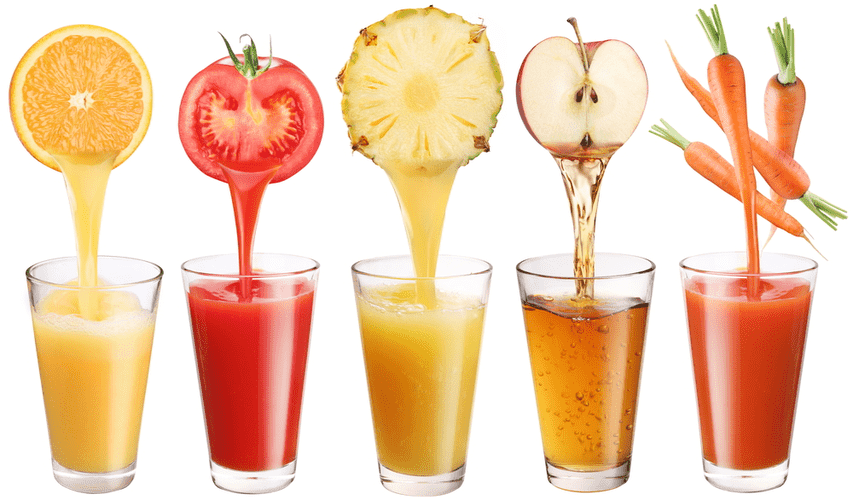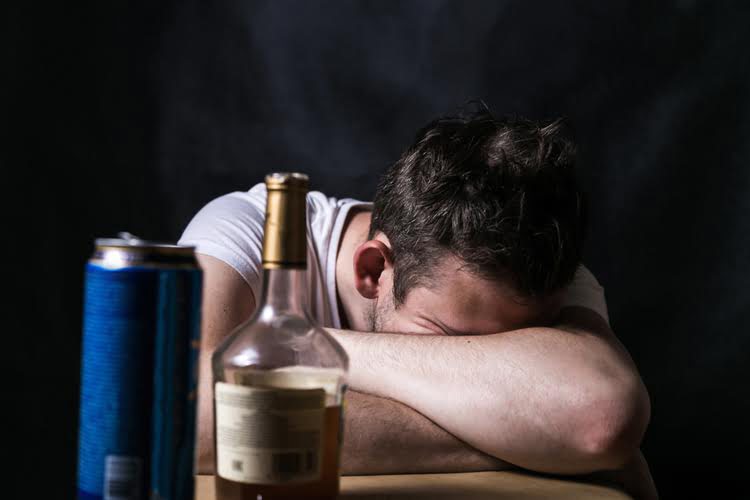In this article, we will explore the relationship between alcohol and bruising post blood draw, as well as provide tips on how to minimize bruising after a blood draw. The correlation between alcohol consumption and its resulting swelling and inflammation can lead to intricate health complications that jeopardize overall wellbeing. Should alcohol become a concern for you or a loved one, seeking professional help is paramount. This ensures the focus remains on recovery rather than the cost of alcohol treatment, such as IOP, PHP, residential rehab, or even alcohol detox. The effects of inflammation on the body manifest differently in each person. Alcohol is shown to increase inflammation in some organs like the heart and brain.
Reaction Time
It exacerbates inflammatory skin conditions like rosacea and psoriasis, induces facial redness, and can cause spider veins due to vascular dilation. Chronic drinking disrupts nutrient absorption, depriving the skin of vital vitamins and antioxidants necessary for repair and rejuvenation. Moreover, alcohol’s impairment of the immune system heightens susceptibility to infections and hampers wound healing, further compromising skin integrity and appearance.
Alcohol can affect your blood’s ability to clot, increasing the risk of bleeding and bruising
Sleep deprivation begins at 5 hours, so be sure to get at least 6 to 8 hours of sleep and put a cold compress on the eyes. Alcohol thins the blood by inhibiting platelet function, does alcohol make you bruise easier interfering with blood clotting mechanisms, and dilating blood vessels. These effects make it easier for blood vessels to rupture and lead to bruising.

The Link Between Alcohol and Poor Sleep: A Contributing Factor to Bruising
- One question that often arises is whether drinking alcohol can cause bruising.
- They may lose feelings of hunger or no longer have a desire for food, as their focus shifts to alcohol.
- In contrast, alcoholics suffering from bacterial infections often exhibit a reduced number of neutrophils in the blood (i.e., neutropenia).
While most bruises are harmless and heal on their own, some situations warrant medical attention. Consult a doctor if bruising occurs frequently, is unusually large, or appears without a clear injury. Bruises that do not show signs of healing or improving after two weeks should be evaluated. Alcohol’s effects on the central nervous system significantly increase the risk of physical injury. This impairment makes individuals more prone to falls, bumps, and accidents that can result in bruises. Under normal circumstances, your brain communicates with your body by sending signals through your central nervous system.
- Drinking alcohol is linked to premature aging and contributes to dull, grey, puffy, and bloated skin.
- Drinking too much alcohol may lead to a tingling sensation or numbness in your legs, feet, or hands, known as alcoholic neuropathy.
- This means that the toxins in alcohol, including acetaldehyde, can build up in your body.
- Trent Carter, FNP-BC, CARN-AP, is a seasoned nurse practitioner with over a decade of experience in addiction medicine.
- Firstly, alcohol is a vasodilator, causing blood vessels to relax and expand, which increases blood flow throughout the body.
The procedure involves injecting a small amount of the toxin into specific muscles, which causes temporary relaxation and reduces the appearance of wrinkles. Botox is derived from the bacterium Clostridium botulinum and works by blocking nerve signals to the injected muscle, preventing it from contracting. The effects of Botox injections typically last for around three to four months. You will receive the first liver transplant and decompensated cirrhosis email in your inbox shortly. When seeking answers, people often look to experts for clear and accurate information.

The main types include systemic conditions that affect the body, and cutaneous conditions that affect only the skin. In many cases, people with alcohol-related liver disease (ARLD) do not have http://private.bredtoken.com/drinking-while-pregnant-is-any-alcohol-safe-during/ any noticeable symptoms until their liver is badly damaged. If excessive alcohol consumption continues, inflammation levels can begin to increase in the liver.
Poor sleep increases inflammation and diminishes immune function while impeding healing. The potential for bruising grows, as even sleep of poor quality may not allow that quality repair of damaged blood vessels to take place. Occasional drinking of fewer than two glasses per day is acceptable, but it’s best to familiarize yourself with signs of alcohol addiction and to prevent developing an alcohol use disorder. And since the liver controls blood clotting, alcohol-related liver disease can cause increased bruising, as well.

Yellowing of your skin and eyes
For people who develop an addiction, the effects of alcohol on Sobriety the body and mind can be significant. Individuals with thin or sensitive skin may be more prone to bruising, regardless of alcohol consumption. However, alcohol can increase the likelihood and severity of bruising in all skin types. Genetics can play a role in an individual’s propensity to bruise, but alcohol consumption can exacerbate bruising regardless of genetic factors. The color of a bruise is primarily determined by the depth of the bruising and the breakdown of blood under the skin, rather than alcohol consumption.
Does Drinking Alcohol Cause Bruising?
It increases your chances of being hit in the forehead with an incoming football, but it may also cause you to bump into people or objects. Alcohol also affects the body’s ability to retain water, compromising the skin’s health. The dehydration caused by alcohol can lead to an oily complexion as the sebaceous glands produce more sebum than necessary. However, different sources suggest varying durations for abstaining from alcohol. While some recommend 24 to 48 hours, others advise patients to wait for a week before consuming alcohol.